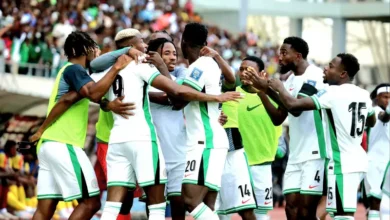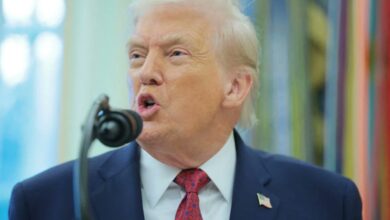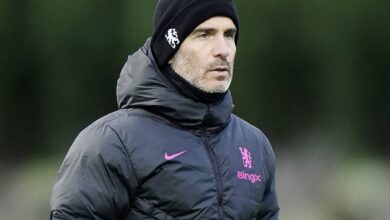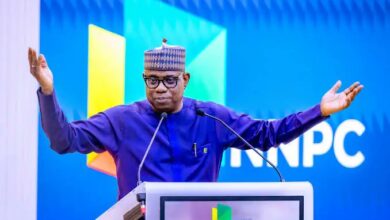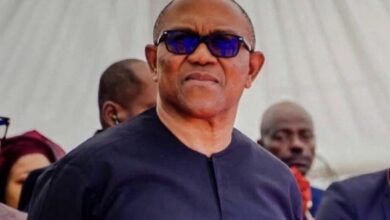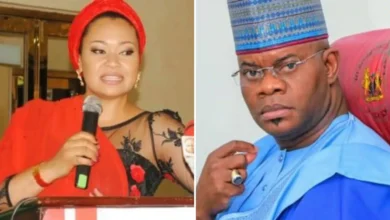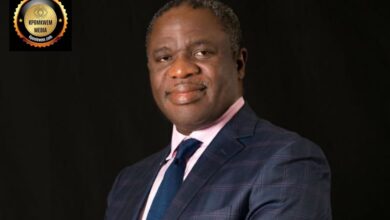
Goodluck Jonathan’s Revelation and Nigeria’s Unfinished Security Battle
Former President Goodluck Ebele Jonathan’s recent remarks about Nigeria’s security crisis offer a sobering reminder that the country’s greatest challenge remains unresolved. Speaking at the commissioning of the Yola–Wukari road in Taraba State, Jonathan admitted that insecurity gave him sleepless nights during his time as president and was the single biggest issue that troubled him.
According to Jonathan, he was often interrupted during worship services with reports of kidnappings or killings, describing how these moments caused him “serious headache.” He also revealed that one of his first questions upon arriving in Jalingo was about the security situation of the state, and he was relieved to hear that Taraba was relatively peaceful.

Jonathan’s honesty cuts to the heart of Nigeria’s most persistent national dilemma. His presidency (2010–2015) was overshadowed by Boko Haram insurgency, mass kidnappings such as the Chibok schoolgirls’ abduction, and an alarming rise in banditry and violent attacks. These crises not only undermined public confidence in government but also shaped the political landscape, ultimately contributing to the end of his administration.
Today, almost a decade later, Nigeria still grapples with many of the same problems. Bandit attacks, kidnappings, and farmer-herder clashes continue to claim lives and displace communities. Jonathan’s reflections should serve as a wake-up call to current leaders and policymakers that national security cannot be treated as a secondary issue—it must remain the top priority if the country is to achieve sustainable development.
Security, as Jonathan rightly noted, cannot rest solely on government shoulders. Communities, traditional institutions, and citizens must also play their part in fostering peace and supporting security agencies. Yet, the federal government must invest in better intelligence gathering, stronger policing, and community-based conflict resolution to break the cycle of violence.
Jonathan’s revelation is not just a look back at a troubled past. it is a challenge to today’s leaders to do better. Nigeria cannot afford another decade where insecurity remains a headline issue. Until every citizen can travel, farm, worship, and trade without fear, the dream of a peaceful and prosperous Nigeria will remain out of reach.




